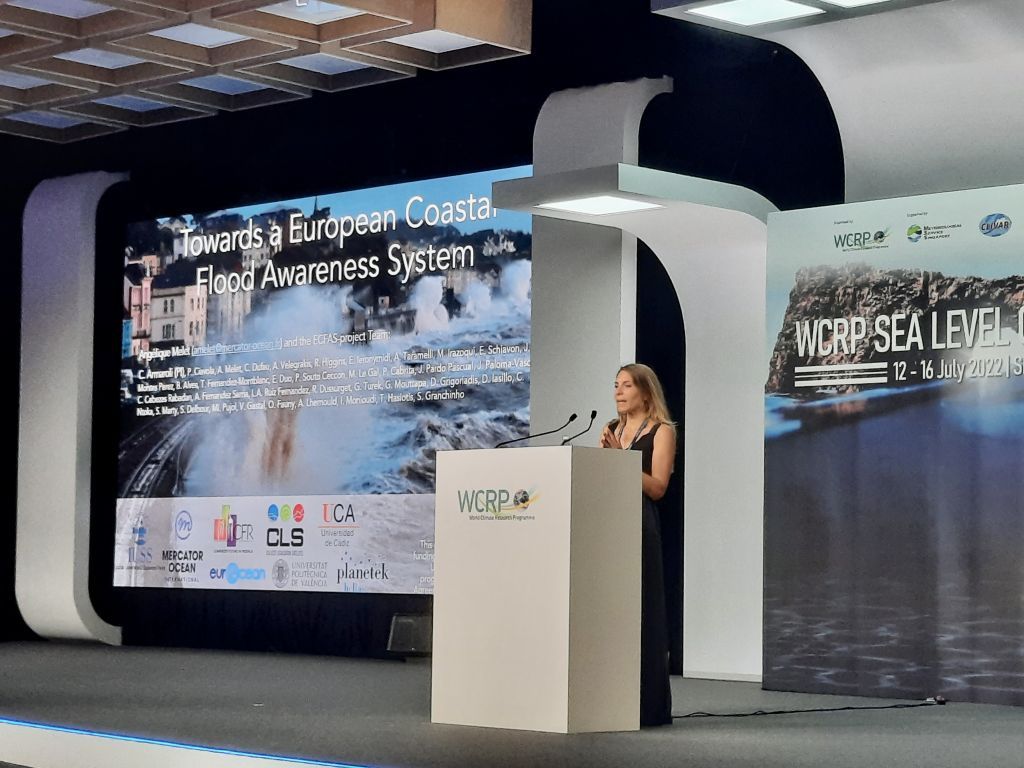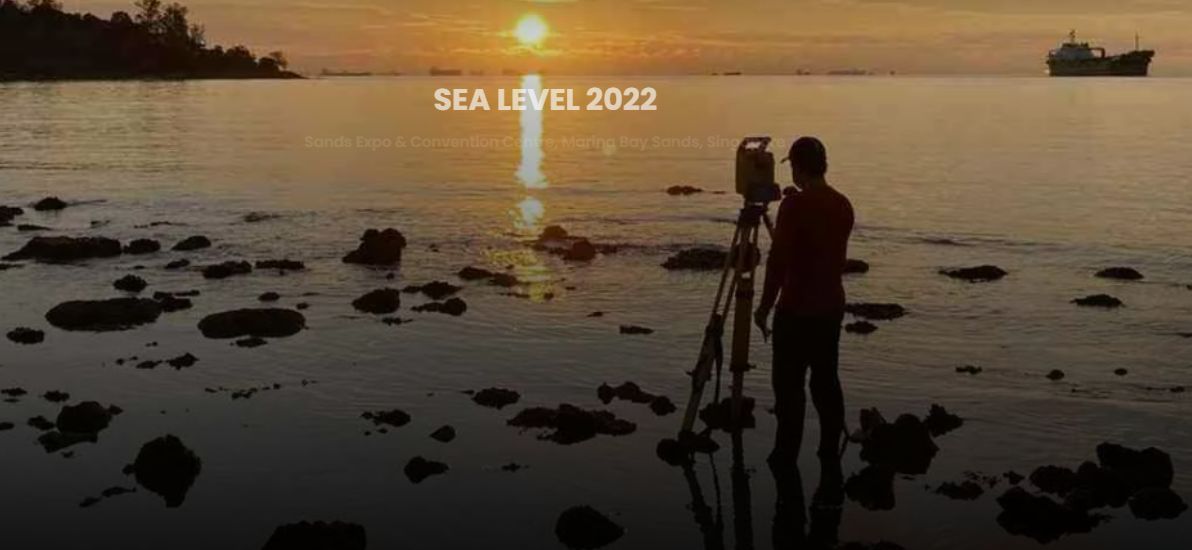The World Climate Research Programme Sea Level Rise Conference took place in Singapore from 12-16 July 2022, bringing together a diverse range of sea-level scientists and practitioners in an innovative dialogue on “Advancing Science, Connecting Society”. Expertise included natural scientists, social scientists, coastal engineers, managers and planners. They discussed evidence demonstrating that sea-level rise represents a major challenge for coastal societies both in terms of enhanced risks and the adaptation needs to address those risks in many places across the world. The current state of adaptation practice was reported by practitioners across the globe, including identification of specific needs from science for planning. Scientists need to continue to advance the science and co-produce with practitioners useful and actionable information on sea-level change for risk and adaptation assessment. This is essential for assessing sea-level rise risks, ensuring right sized adaptation investment to avoid maladaptation, and as well as for enhancing climate mitigation and adaptation measures over the short-, medium- and long-term.
The conference provided an opportunity to share the present status and future of climate-related sea-level research with a strong focus on the application of sea-level science for adaptation and stakeholder needs. Given the critical need for risk assessment and coastal adaptation, it included direct participation by a global cross-section of both leading sea level researchers and adaptation practitioners. The conference featured a robust conversation between these communities to inform efforts to bridge science and society at this critical moment, including consideration of the new structure of WCRP.
ECFAS’ Dr. Angelique Melet, Mercator Ocean International, contributed to the conference with a presentation about ECFAS entitled, “Towards a European Coastal Flood Awareness System.” Dr. Melet also chaired a session on the use of science for on the ground action for sea level rise and science translation in planning.

The following major themes and priorities for transforming sea-level science information over the next decade were identified:
- How can sea-level projections be best used with the range of decision analysis methods to develop effective, efficient and equitable adaptation solutions?
- How can we maximize the value of sea-level science and projection ranges (including low-end and high-end estimates) for adaptation planning and close the gap between sea-level science and practitioner needs?
- How can we capture the non-climate components of relative sea-level change that are essential for climate risk and adaptation assessment, and develop appropriate scenarios, including various sources of human-induced subsidence.
- How should coastal climate services evolve and scale as coastal adaptation action accelerates?
- How can we anticipate and model cascading and compounding effects caused by sea-level rise alongside other contributors to coastal flooding such as storm surge, wave action, fluvial flooding, and vertical land motion?
Full information on the conference and its themes are available from the conference website.
